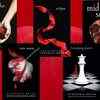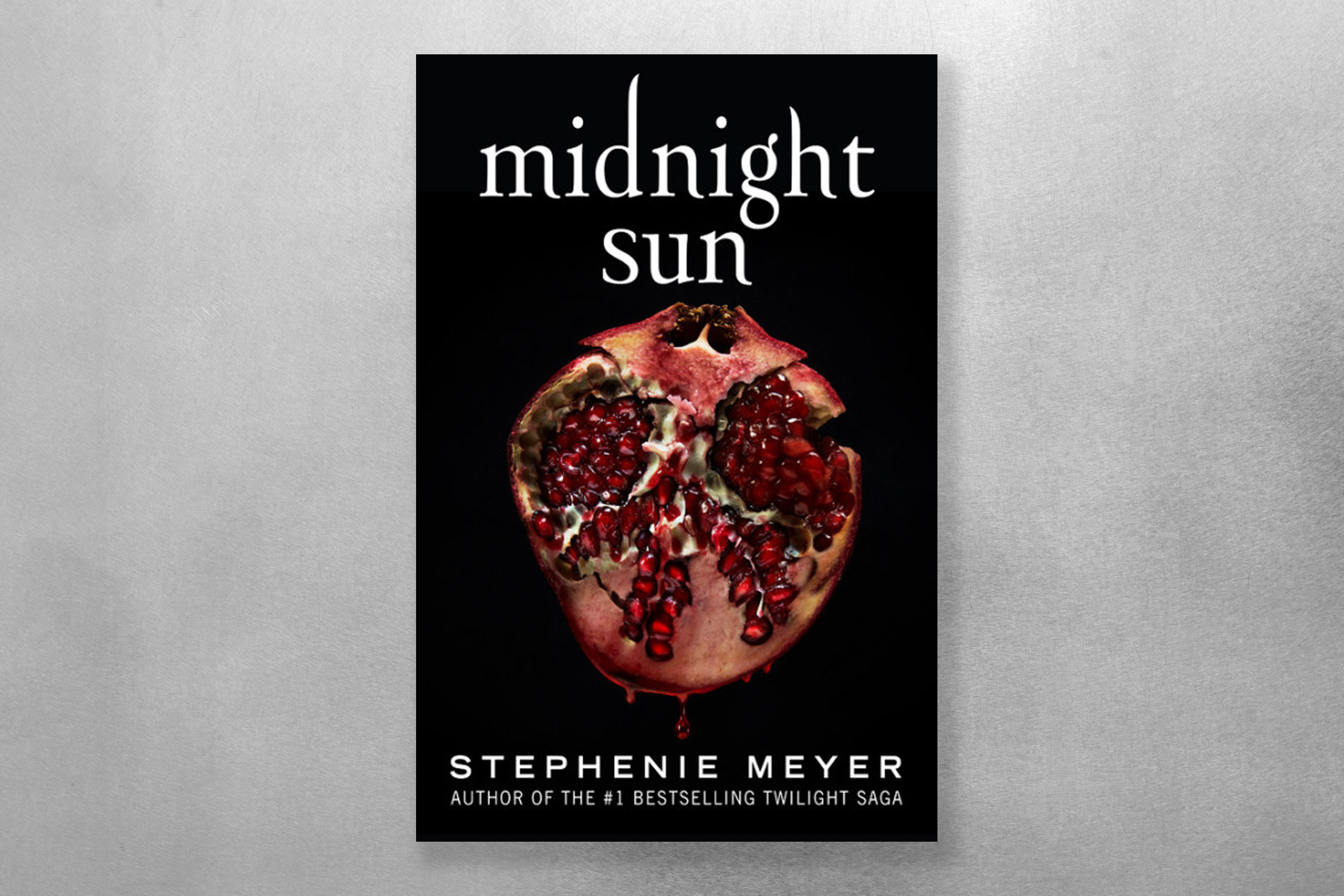
The tragic story’s point of view is unique: the corrosive effect of brutality on Nazi family life as seen through the eyes of a naïf. Although Bruno’s family corrects him, he childishly calls the camp “Out-With” and the Fuhrer “Fury.” As a literary device, it could be said to be credibly rooted in Bruno’s consistent, guileless characterization, though it’s difficult to believe in reality. For months, the two meet, becoming secret best friends even though they can never play together. He overcomes loneliness and isolation only when he discovers another boy, Shmuel, on the other side of the camp’s fence. The literal-minded Bruno, with amazingly little political and social awareness, never gains comprehension of the prisoners (all in “striped pajamas”) or the malignant nature of the death camp. 12-15)Īfter Hitler appoints Bruno’s father commandant of Auschwitz, Bruno (nine) is unhappy with his new surroundings compared to the luxury of his home in Berlin. (glossary with pronunciation guide for Finnish and Scottish words and names) (Fiction. Factor in predictable, corny plot details, some stock characters and information about laundry practices that few young readers will find compelling. This isn’t a successful or convincing meshing of realism and fantasy, however, and the supernatural episodes may strike readers as childish.


Warner describes in an afterword her admiration for the history, culture and folklore of both countries. Romantic and supernatural elements abound, and these-in addition to the unusual locales-should appeal. She blossoms, catches the eye of the island’s lustful young scion and eventually reunites with her childhood love-all while communing (a gift arising from having been born at twilight) with solicitous phantasms from Finnish and Scottish folklore. Eleni had escaped the disaster after warnings from sea creatures. In 1793, 15-year-old Finnish-born Eleni is taken in by a kindly matriarch on the Scottish island of Mull after her father’s ship is lost off the coast.


 0 kommentar(er)
0 kommentar(er)
